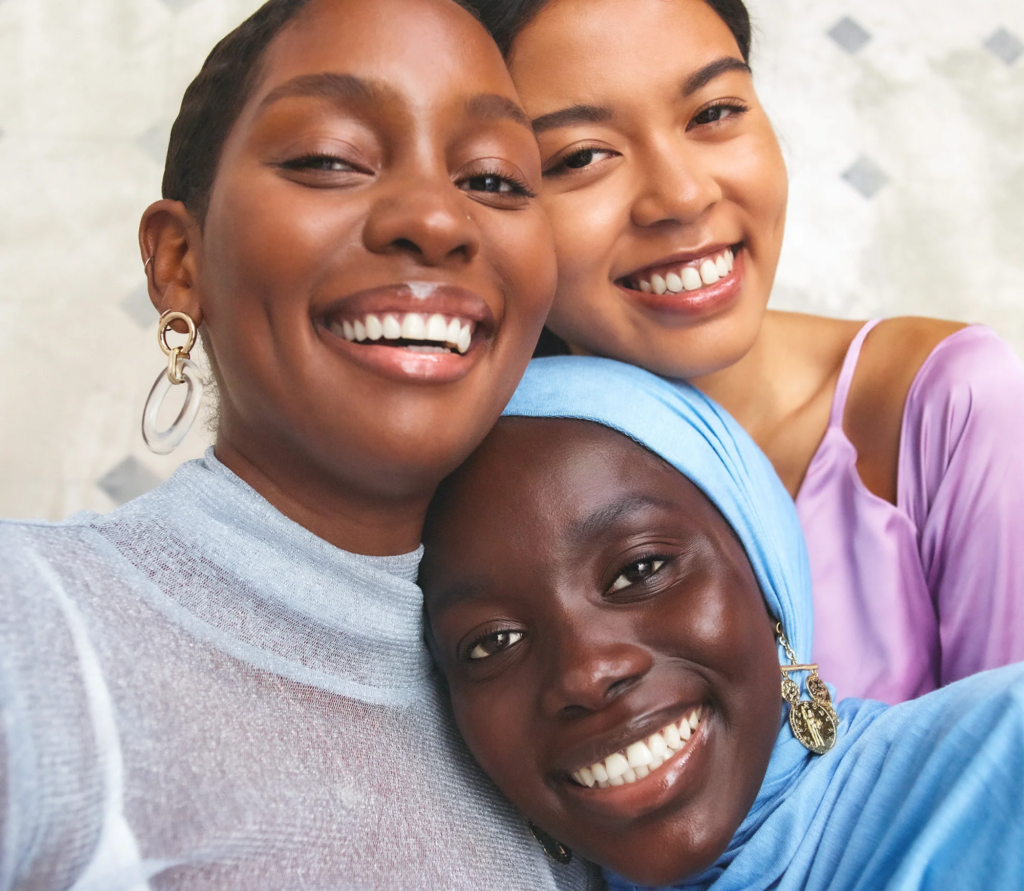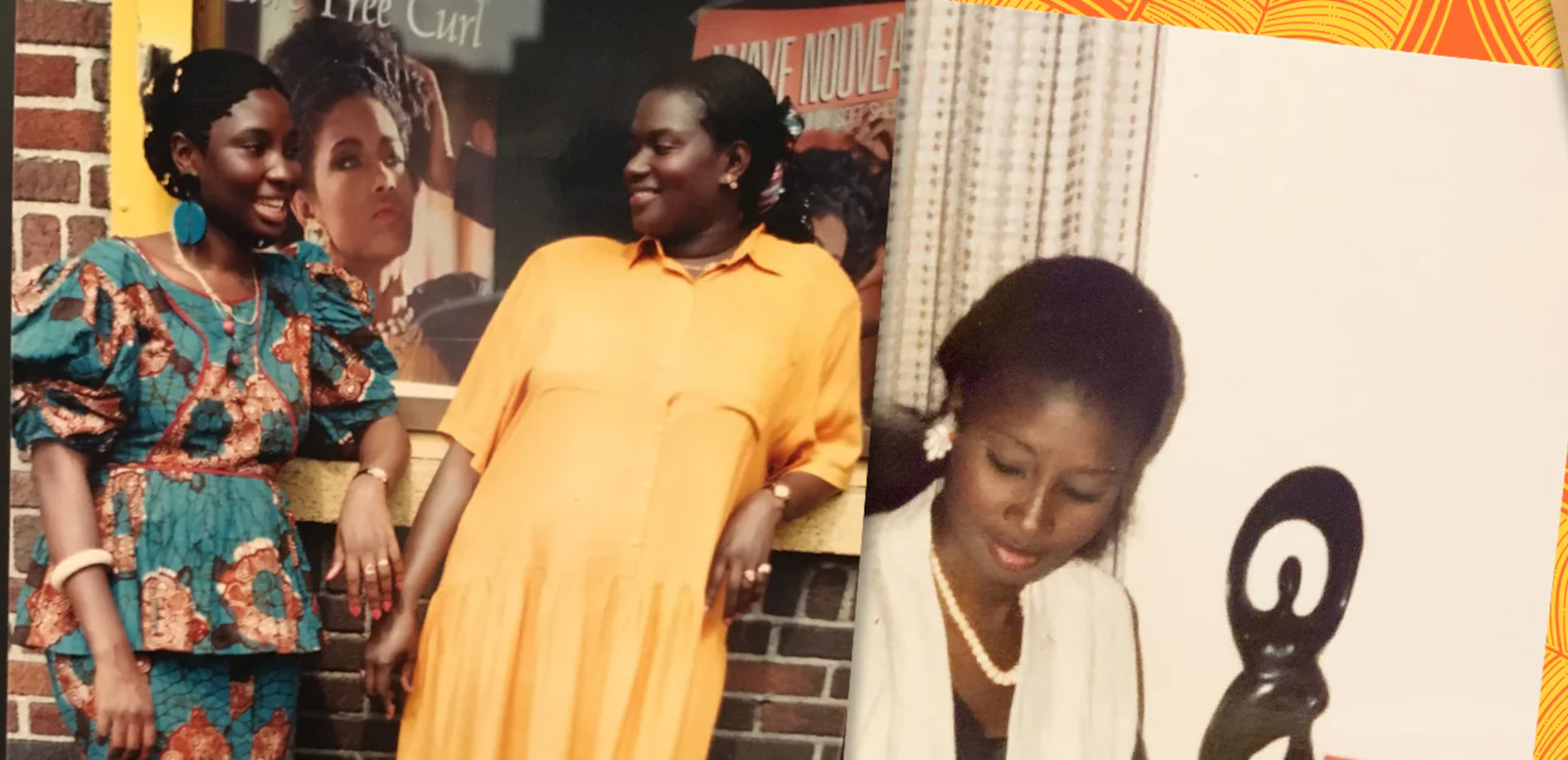More Than a Moment: What the Rise and Closure of Ami Colé Reveals About Capital, Commitment, and the Cost of Inclusion
August 13, 2025
In the summer of 2021, the beauty industry felt like it was finally catching up. Spurred by the racial justice uprisings of 2020, retailers, investors, and corporations began making long-overdue commitments to fund and support Black-owned brands. Sephora, Macy’s, and Bluemercury signed the 15 Percent Pledge, promising to dedicate at least 15% of shelf space to Black-owned businesses. Ulta Beauty committed more than $25 million to double the number of Black-owned brands it carried. Glossier launched a $500,000 grant program for Black-owned beauty startups. L’Oréal partnered with the NAACP to award $10,000 grants to 30 Black beauty businesses. Black consumer spending power—estimated at $1.3 trillion—was no longer something brands could afford to overlook.
It felt, briefly, like the beginning of a new era. And among the most promising voices in that future was Ami Colé, a clean beauty brand rooted in Harlem, inspired by Senegal, and powered by community. From its launch, Ami Colé stood out: not just for what it made, but for how it made people feel, and who it centered.
The brand centered melanated skin in a clean beauty industry that had long ignored it—and proved there was nothing “niche” about that vision. Within months of launching, Ami Colé sold out its first run of products, created a viral lip oil that became a staple in makeup bags from Harlem to Accra, and became a favorite among celebrities like Kelly Rowland, Mindy Kaling, and Martha Stewart. It went on to win more than 80 product awards, appeared in 600 Sephora stores nationwide, and earned a spot on Oprah’s Favorite Things list.
But just four years after launch, Ami Colé is closing its doors.
Its founder, Diarrha N’Diaye-Mbaye, made the announcement in a deeply personal essay in The Cut. The news hit hard: not just because of what the beauty world is losing, but because of what this moment signals. If a brand like Ami Colé—built with intention, excellence, and community at its core, with awards, celebrity fans, sold-out launches, and major retail partners—can’t sustain itself in today’s economic landscape, what does that say about the systems we’re building, or failing to build?
A Brand Rooted in Legacy and Grit
Ami Colé was born in Harlem, shaped by the founder’s Senegalese heritage and the culture of care that surrounded her upbringing. Diarrha N’Diaye-Mbaye grew up in her mother’s braiding salon on 125th Street, where beauty was never superficial. It was a daily practice of dignity, connection, and self-expression. That foundation stayed with her as she entered the beauty industry. Working as a social media strategist at L’Oréal and as part of the product development team at Glossier, she observed firsthand how the needs of Black and brown consumers weren’t a primary focus. “We were afterthoughts,” she wrote in 2020, “even in terms of formulation.”
She launched Ami Colé to help change that. From the beginning, the brand was rooted in the belief that clean beauty should be safe, accessible, and affirming for people of color. N’Diaye-Mbaye surveyed hundreds of women about their routines, rituals, and frustrations. She paid out of pocket for lab time and early formulas. She built the brand’s earliest community by listening—on Instagram, in survey responses, and through conversations that reflected both consumer insight and cultural knowledge.
Ami Colé wasn’t just built to sell makeup. It was built to reflect people who had long been left out of the clean beauty conversation. Customers responded not only because the products were exceptional, but because the values behind them were visible in every detail. The brand stood for safety, representation, and joy. In doing so, it became a source of trust.
The Post-2020 Surge—and the Shift That Followed
In 2020, amid global protests following the murder of George Floyd, venture capital firms and corporations issued sweeping promises to fund Black-owned businesses. Ami Colé was one of the few that secured backing. By the end of that year, N’Diaye-Mbaye had raised over $1 million, joining a group of just 30 Black women at the time to reach that milestone.
The funding marked a turning point. For a brief moment, it seemed as though investors were ready to back inclusive brands not just in principle, but in practice. Yet the urgency that brought this capital into play was never matched by sustained commitment. As national attention on equity began to fade, so did investor follow-through. N’Diaye-Mbaye describes a wave of enthusiasm in 2020 that gave way to sporadic support: fast-track deals with little guidance, expectations without infrastructure, and shifting attitudes toward what “inclusion” was worth once the headlines moved on.
“Instead of focusing on the healthy, sustainable future of the company and meeting the needs of our loyal fan base,” N’Diaye-Mbaye writes. “I rode a temperamental wave of appraising investors—some of whom seemed to have an attitude toward equity and ‘betting big on inclusivity’ that changed its tune a lot, to my ears, from what it sounded like in 2020.”
Ami Colé did secure a retail partnership with Sephora in 2022, expanding rapidly into 600 stores. But with that growth came steep marketing costs and pressure to perform at a scale that many larger, better-resourced brands had years—if not decades—to prepare for.
It wasn’t enough to have a beloved product. Success, in this model, required deep-pocketed investors, viral moments, shelf placement, and a consistent stream of growth, all while carrying the unspoken weight of “representing” inclusive beauty in an unforgiving market.
The Statistics Behind the Story

Ami Colé’s closure is not an isolated event. It reflects a pattern that remains stubbornly unchanged, despite growing entrepreneurship among Black women and a flood of 2020-era corporate pledges to support racial equity.
In the United States, Black women are the fastest-growing demographic of entrepreneurs. They represent nearly 2.7 million businesses and accounted for 42% of all women who opened a new business from 2014 to 2019. Yet only 3% of Black women business owners operate mature companies (those that survive beyond five years), and their average revenue is just $24,000, compared to $142,900 among all women-owned businesses.
Access to capital is a central reason why. As of 2020, fewer than 100 Black women had ever raised $1 million or more in venture capital. In 2022, startups led by Black women received just 0.34% of all U.S. venture capital dollars. A 2023 study found that only 3.47% of founders seeking VC funding are Black—and among those who do receive investment, Black-founded startups raise only a third of what their non-Black counterparts raise
These numbers reflect deeper structural filters. Traditional VC rubrics tend to reward founders with Ivy League degrees, high-profile exits, or elite networks: criteria that often exclude Black entrepreneurs, especially women. While those signals are framed as neutral, research shows they explain a significant portion of the racial funding gap. One study found that when Black investors lead the funding decision, that gap narrows by nearly 50 percentage points. Diverse investment teams make different decisions, informed by broader definitions of potential and lived experience.
But even those modest gains are increasingly under threat.
In early 2025, the Trump administration issued executive orders instructing federal agencies and contractors to dismantle Diversity, Equity, and Inclusion (DEI) programs, eliminate DEI-related staff and vendors, and prepare reduction plans across departments. Federal enforcement has expanded beyond public institutions: private-sector employers are now facing compliance reviews and threats of criminal and civil investigation if their DEI practices are found to involve “race- or sex-based preferences.” Legal injunctions—such as the recent ruling against the Fearless Fund, which offered grants to Black women entrepreneurs—are adding further uncertainty, chilling targeted funding efforts that once filled critical gaps.
This political and judicial climate is already reshaping the funding landscape. Major corporations like Google have scaled back DEI initiatives, and venture capital firms now operate in a more cautious, constrained environment. The risk of regulatory backlash, coupled with a push toward “merit-based opportunity” language that ignores structural inequity, makes it harder for inclusive, identity-driven brands to access aligned capital. Even when products are beloved and market-ready, funding decisions are increasingly shaped by legal and ideological headwinds.
Ami Colé did not fail because it lacked demand. It had customers, traction, awards, and shelf space. It failed because inclusion is still treated as temporary. Capital remains reactive rather than resilient. And in moments like this, when the social spotlight dims and the political climate hardens, the infrastructure needed to sustain equity-focused businesses proves dangerously thin.
What This Environment Means for B Corps—and the Work Ahead
For the B Corp community, Ami Colé’s story raises urgent questions. It asks us to examine whether the systems we’ve built to support impact-driven businesses are prepared to sustain them—especially when the spotlight fades and conditions grow hostile.
B Corps are committed to stakeholder governance, but that commitment is only as strong as our willingness to apply it beyond the conventional mold. What does it mean to serve a stakeholder who is also a founder navigating bias, burnout, and a capital market that still favors scale over substance? What does support look like when a company is rooted in care, community, and cultural representation, yet pushed to meet growth metrics designed for a different kind of business?
Ami Colé had what values-driven businesses aspire to: deep customer trust, authentic community, product excellence, and a mission that reshaped its category. But it was still vulnerable, because we don’t yet have the infrastructure to make equity sustainable. And because the burden of proving worth, again and again, still falls hardest on those who were historically excluded.
If B Corps want to be part of the solution, we need to build stronger scaffolding around the kinds of companies that live their values even when it’s inconvenient. That means procurement pipelines that prioritize equity. Investment models that value cultural leadership as much as technical pedigree. Peer networks that don’t disappear after the headline cycle ends. Solidarity has to move beyond sentiment; it must become structural.
This isn’t just about one brand or one founder. It’s about whether a community like ours is willing to build structures as durable as the values we champion.
Holding the Loss, Answering the Call
What Diarrha N’Diaye-Mbaye created was undeniable: a brand that made thousands of people feel seen, cared for, and reflected. A company that earned national recognition without sacrificing its soul. A product line that blended science, story, and belonging.
Ami Colé’s closure isn’t just a loss; it’s a signal. It reveals what happens when moral momentum fades, when market conditions tighten, and when values are treated as veneer rather than infrastructure. It’s also what happens when an administration openly dismantles equity efforts, turning inclusion into a liability and chilling the flow of capital to those already operating on the margins. And it asks us: What kind of business ecosystem are we really building?
For those committed to equity, transparency, and long-term resilience, this moment is a call to ensure that possibility doesn’t keep slipping away.
Let’s not mourn and move on. Let’s listen, learn, and then act: by building funding structures, procurement paths, and policy alliances that turn values into vehicles for lasting change.
The next Ami Colé shouldn’t have to walk this path alone.
Copyright B Lab U.S. & Canada
Sign Up for our B The Change Newsletter
Read stories on the B Corp Movement and people using business as a force for good. The B The Change Newsletter is sent weekly.
